Surat's Top Rated HVAC Service Provider- CALL NOW 8000392000
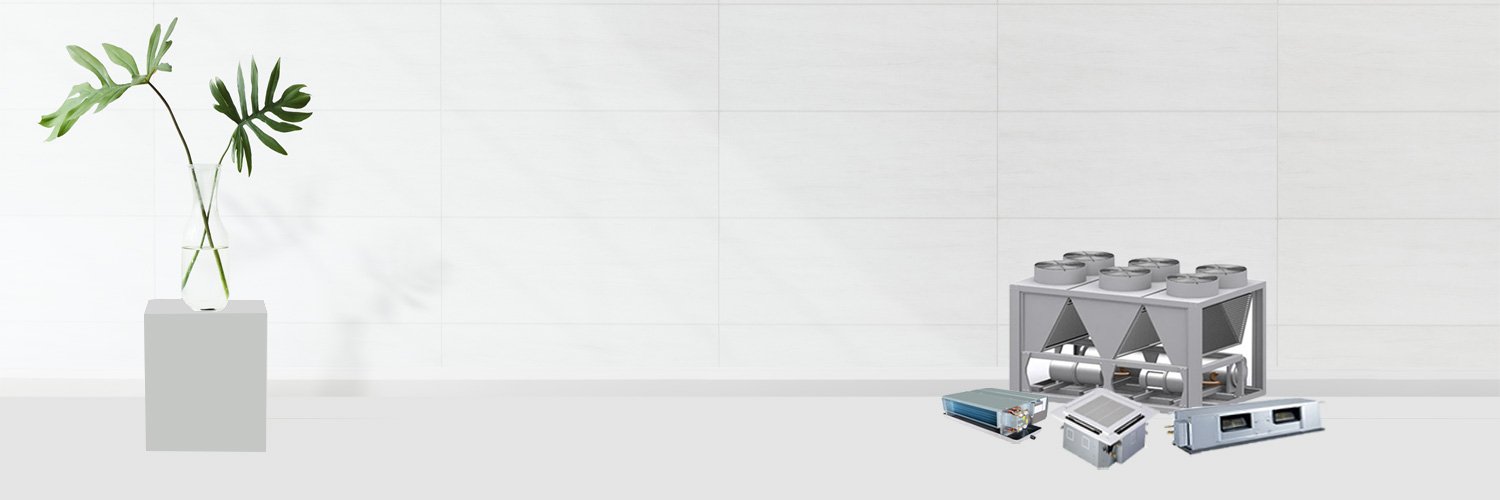
HVAC Chiller System
Chiller System expels heat from a heap and moves it to the earth utilizing a refrigeration framework. This warmth move gadget is the best cooling machine in power plants and other huge scale offices.
It is essentially a framework comprising of an ethylene + water or water store and course parts. The cooling liquid is circled from the repository to the hardware under cooling.There are additionally air-cooled chillers, which scatter heat-utilizing fans. These are later and normal in power plants. In this post, we audit the distinction between the two advances, leaving the decision of which one to pick to you.
Air Cooled Chillers
Advantages
Easy Installation and Lower Cost: Air-cooled chillers do not require a cooling tower or additional water supply systems, making their installation simpler and more cost-effective. The absence of complex water piping and treatment reduces the overall installation expenses.
Water Conservation: Unlike water-cooled chillers that continuously consume water for cooling purposes, air-cooled chillers do not need a constant water supply. This feature helps conserve water resources, making them more environmentally friendly.
Flexibility in Location: Air-cooled chillers are ideal for situations where a continuous water supply is not readily available or difficult to maintain. They can be installed in various locations, including regions with water scarcity or in places where water regulations restrict its usage.
Lower Operating Costs: Air-cooled chillers generally have lower operational costs compared to water-cooled chillers. They require less maintenance and do not have the added expenses associated with water treatment, chemical additives, and condenser water pump systems.
Simplified Maintenance: The absence of water cooling systems reduces the complexity of maintenance. Air-cooled chillers do not face issues like scaling, fouling, or corrosion, which are common in water-cooled systems, resulting in reduced maintenance requirements and downtime.
Energy Efficiency: While air-cooled chillers may have slightly lower efficiency compared to water-cooled ones, advancements in technology have significantly improved their energy efficiency over the years. With proper sizing and modern designs, they can still provide excellent cooling performance.
Scalability: Air-cooled chillers are available in a wide range of sizes and capacities, making them suitable for various applications, from small commercial buildings to large industrial facilities. This scalability allows for more flexible system designs.
No Water Treatment: Air-cooled chillers eliminate the need for water treatment chemicals and the associated costs. This factor not only reduces operating expenses but also contributes to a safer and more environmentally friendly cooling solution.
Reduced Noise: Air-cooled chillers are generally quieter during operation compared to water-cooled chillers. The absence of cooling tower fans and pumps significantly reduces noise levels, making them more suitable for noise-sensitive environments.
Easier Retrofits and Upgrades: Due to their simpler design and lack of water infrastructure requirements, air-cooled chillers are easier to retrofit or replace with newer, more energy-efficient models, making it convenient to upgrade cooling systems over time.
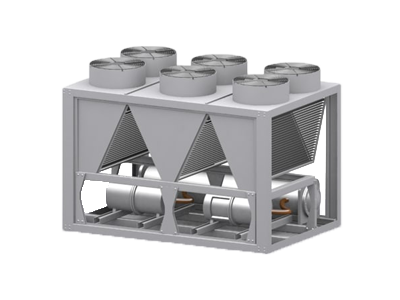
Indoor Units
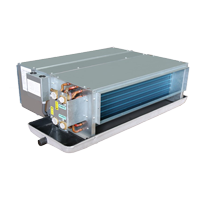
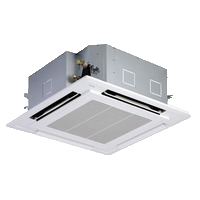
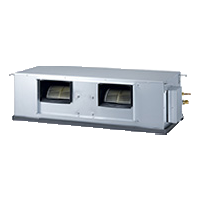
Water Cooled Chillers
Indoor Units
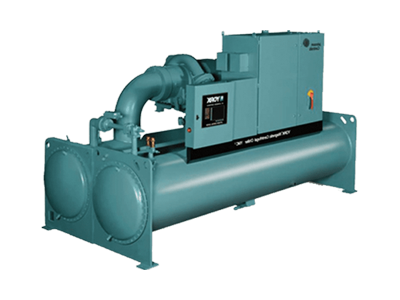
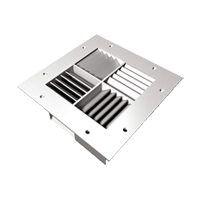
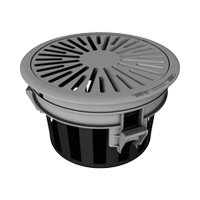
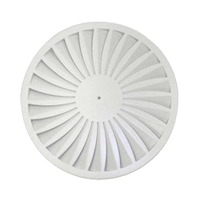
Advantages
- Higher Efficiency: Water-cooled chillers are generally more energy-efficient than air-cooled chillers. The water-cooling process allows for better heat transfer, resulting in improved cooling performance and reduced energy consumption, especially in large-scale cooling applications.
- Lower Operating Costs: Due to their higher efficiency, water-cooled chillers can lead to cost savings in the long run. They require less electricity to achieve the same cooling output as air-cooled chillers, which can result in lower utility bills.
- Quiet Operation: Water-cooled chillers are often quieter during operation compared to air-cooled chillers. The absence of condenser fans and other mechanical components that generate noise contributes to a more peaceful environment.
- Space Efficiency: Water-cooled chillers are generally more compact than air-cooled chillers for larger cooling capacities. This space efficiency can be beneficial in situations where space is limited or when there is a need to maximize the use of available area.
- Flexibility in Location: Water-cooled chillers can be installed indoors or outdoors, offering greater flexibility in installation options. They can be placed in mechanical rooms or equipment spaces, allowing for better integration into building systems.
Longer Equipment Lifespan: Water-cooled chillers often have longer lifespans compared to air-cooled chillers due to the reduced wear and tear on mechanical components. The absence of outdoor exposure to harsh weather conditions can contribute to the equipment’s longevity.
Less Environmental Impact: While water-cooled chillers consume water for cooling, their water usage can be more controlled and managed compared to open-loop cooling towers. Additionally, advancements in chiller technology have led to more water-efficient designs, minimizing their impact on water resources.
Stable Performance: Water-cooled chillers are less affected by ambient temperature changes, making them more stable in maintaining desired cooling temperatures even during hot weather conditions.
Scalability: Water-cooled chillers are available in a wide range of sizes and capacities, making them suitable for various applications, from small commercial buildings to large industrial complexes.
Suitable for High Loads: Water-cooled chillers are well-suited for applications with high cooling loads, where air-cooled chillers may not be sufficient to meet the demand.
